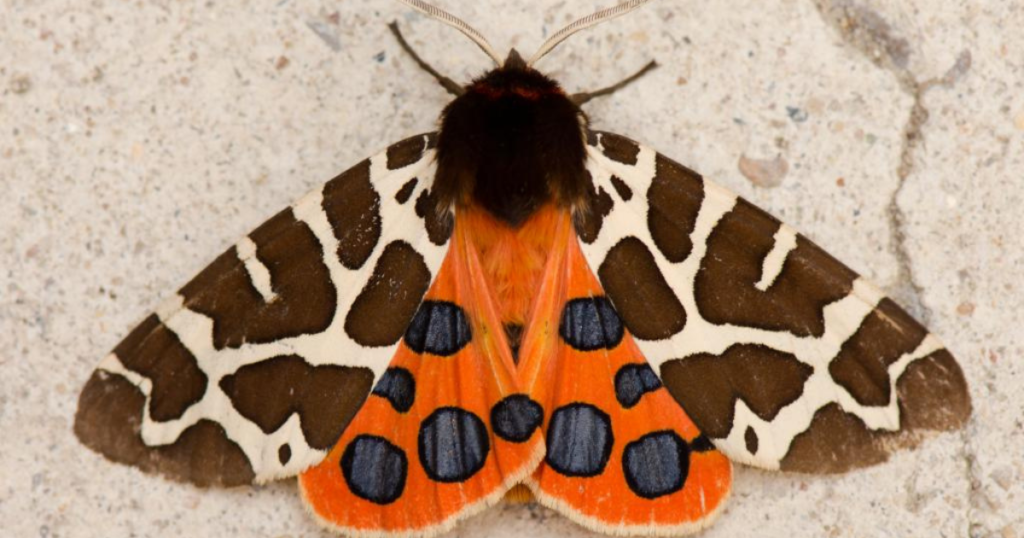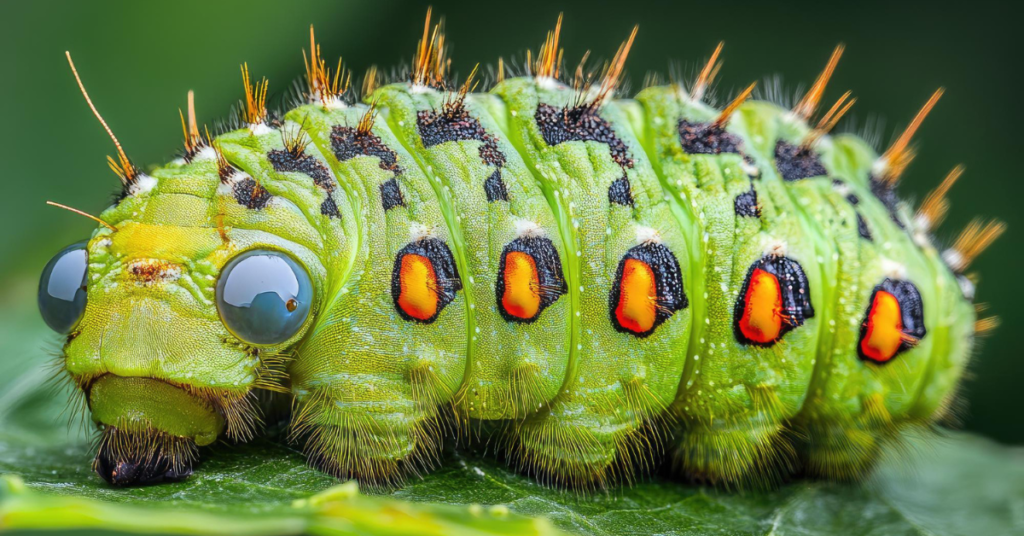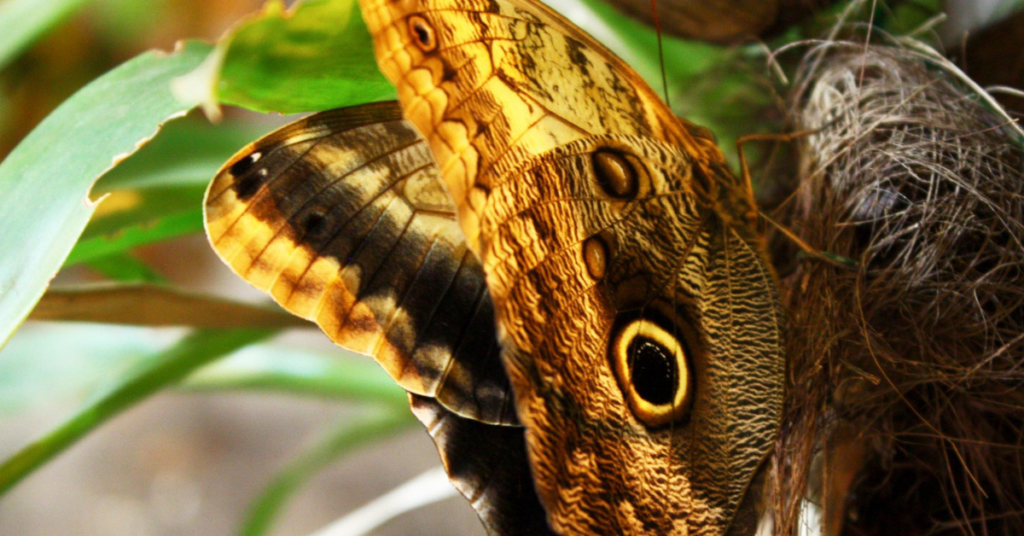The Syrian Hamster Breed is one of the most popular pet hamster species due to their friendly nature and adorable appearance. If you’re considering bringing one home, understanding how to properly care for them is essential. This guide covers everything from their habitat to health care, feeding, and treats to ensure your furry companion thrives in a loving environment.
Table of Contents
ToggleUnderstanding the Syrian Hamster Breed
The Syrian Hamster Breed, also known as the Golden Hamster, is a solitary rodent species native to Syria and surrounding regions. They are larger than dwarf hamsters and are best suited for single-pet households due to their territorial nature. These hamsters are nocturnal, meaning they are most active at night, so expect them to be awake and playful during the evening hours. They come in various coat types and colors, making them a favorite among pet enthusiasts.

Syrian Hamster Breed Care
Proper care is crucial to ensure your Syrian Hamster Breed remains healthy and happy. Below are some essential care tips:
1. Housing and Cage Setup
- Choose a spacious cage (minimum 24×12 inches) to provide enough room for movement and play.
- Use bedding made of paper or aspen wood shavings, avoiding cedar or pine, which can cause respiratory issues.
- Provide a solid running wheel (at least 8-12 inches in diameter) to prevent back strain and encourage exercise.
- Include a hideout or small enclosed area for privacy and stress relief.
- Clean the cage weekly with pet-safe disinfectant, removing soiled bedding daily to maintain hygiene.
2. Diet and Nutrition
- Feed a balanced diet of hamster pellets, fresh vegetables, and occasional fruits to meet their nutritional needs.
- Avoid citrus fruits, onions, and garlic, as they can be toxic to hamsters.
- Provide fresh water daily in a water bottle with a sipper tube to keep them hydrated.
- Introduce variety by offering small portions of protein-rich foods such as boiled egg or mealworms.
3. Social Interaction and Handling
- Handle your Syrian Hamster Breed gently and frequently to build trust and encourage bonding.
- Allow them to explore outside the cage in a secure, enclosed area to satisfy their curiosity and need for exercise.
- Never house two Syrian hamsters together, as they are highly territorial and may fight aggressively.
Syrian Hamster Breed Lifespan
On average, the Syrian Hamster Breed lives between 2 to 3 years, though some may live longer with exceptional care. Several factors influence their lifespan, including genetics, diet, environment, and healthcare.
1. Factors Affecting Lifespan
- Genetics: Some hamsters may inherit longer lifespans based on their lineage.
- Diet: A nutritious, well-balanced diet rich in essential vitamins and minerals promotes longevity.
- Exercise: Ensuring ample physical activity through running wheels, tunnels, and playtime keeps them fit.
- Veterinary Care: Regular health checkups and prompt medical attention help detect early signs of illness.
2. How to Extend Their Lifespan
- Maintain a clean and stress-free environment with minimal noise and disruptions.
- Offer high-quality food and fresh water daily to support overall health.
- Provide mental stimulation with toys, tunnels, and climbing structures to prevent boredom.

Syrian Hamster Breed Health
A healthy Syrian Hamster Breed will be active, have a shiny coat, and show no signs of distress. However, they are prone to certain health issues that require attention.
1. Common Health Problems
- Wet Tail: A serious digestive disorder caused by stress, poor diet, or unsanitary conditions, leading to diarrhea and lethargy.
- Respiratory Infections: Symptoms include sneezing, wheezing, nasal discharge, and labored breathing, often caused by damp or dusty bedding.
- Overgrown Teeth: Hamsters’ teeth continuously grow, so providing chew toys and hard foods prevents dental problems.
- Obesity: Overfeeding and lack of exercise can lead to excessive weight gain, which can shorten their lifespan.
2. Signs of a Sick Hamster
- Loss of appetite and sudden weight loss
- Lethargy, reduced activity, and hiding behavior
- Bald patches, excessive scratching, or changes in fur texture
- Discharge from the eyes, nose, or ears
If you notice any of these symptoms, consult a vet immediately for a proper diagnosis and treatment plan.
Syrian Hamster Breed Treats
Providing treats is a great way to bond with your Syrian Hamster Breed, but moderation is key to avoid health issues.
1. Safe Treats
- Fresh fruits like apples, bananas, and berries (in small amounts to prevent sugar overload)
- Vegetables such as carrots, broccoli, cucumber, and bell peppers
- Small pieces of cooked chicken, tofu, or boiled egg for protein supplementation
- Plain unsalted nuts, sunflower seeds, and whole grains as occasional snacks
2. Unsafe Treats to Avoid
- Sugary, salty, or processed human foods, including bread and biscuits
- Chocolate, dairy products, and caffeine-containing items
- Raw potatoes, onions, garlic, and citrus fruits, which can be toxic
- Sticky or hard foods that may cause choking or dental issues
FAQ's
Is a Syrian hamster a good pet?
Syrian hamsters are good pets for adults and children, and can live more than two and a half years. They do not require a lot of space or care but are incredibly cute, curious and fun to interact with kids.
What is the lifespan of a Syrian hamster?
Syrian hamster can live up to 2 to 3 years.
Are Syrian hamsters happy to be alone?
Yes, In most cases they prefer to be live alone like other rodent pets.
What Is the Best Diet for a Syrian Hamster Breed?
A mix of hamster pellets, fresh vegetables, occasional fruits, and small protein portions ensures a balanced diet.
Caring for a Syrian Hamster Breed requires dedication, but with proper housing, nutrition, and health care, they make wonderful pets. By following this guide, you’ll ensure your furry friend lives a happy and fulfilling life. Providing a stimulating environment and a well-balanced diet will contribute to their overall well-being, making them a delightful companion for years to come.







